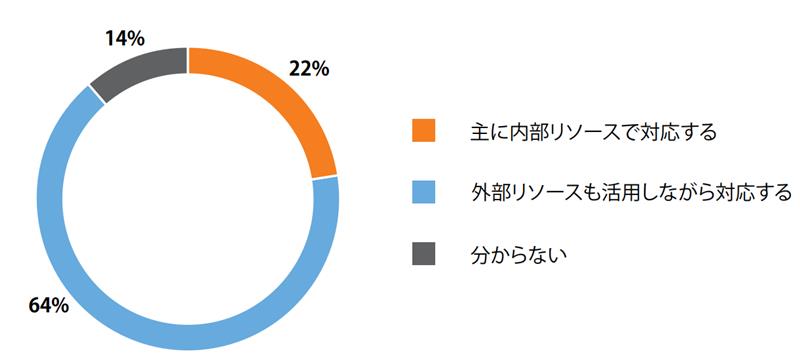Challenges and Future Prospects of Asset Management in Japanese DB Pensions
In August 2024, the Asset Owner Principles were introduced, followed by a revision of the trustee responsibility guidelines in January 2025. These regulatory developments are driving corporate pensions to place greater emphasis on beneficiary interests and enhance their governance frameworks. To better understand corporate pensions' responses to the Asset Owner Principles and their asset management challenges, Russell Investments, in collaboration with All-In Web, conducted a survey of Japanese DB pension funds from October to November 2024.
The survey revealed that over 90% of respondents are aware of and considering their response to the Asset Owner Principles. Larger DB pension funds, in particular, have made significant progress in adopting these principles, signaling a shift toward more structured and accountable investment management. The findings provide crucial insights into the future direction of pension asset management.
Key Challenges in Pension Fund Management
Japanese DB pension funds face multiple challenges in achieving more sophisticated asset management. The survey identified the following as the three most critical issues:
- Stewardship Activities (50%)
Pension funds are increasingly expected to engage with investee companies, adhere to stewardship codes, and invest with a focus on long-term value creation. - Monitoring and Risk Management (39%)
As investment portfolios become more complex, funds are struggling to effectively oversee their investments, manage risks, and evaluate performance across multiple asset classes. - Stakeholder Communication (38%)
There is a growing need for transparent and frequent disclosures to stakeholders, including beneficiaries and regulators, further reinforced by government initiatives promoting greater transparency.
Although diversification was not highlighted as a top concern overall, larger DB funds (with assets over 1 trillion yen) showed a stronger interest, particularly regarding alternative investments and illiquid assets.
Leveraging External Resources and Emerging Trends
The survey also explored how DB pension funds are addressing asset management challenges. Notably, only 22% of respondents stated that they rely solely on internal resources, while 64% indicated a preference for leveraging external expertise.
Figure: How to address areas needing improvement
Source: Russell Investments, "DB Pension Survey, October-November 2024"
The most commonly cited external resources were:
- Lead managers (79%)
- Industry associations (57%)
- Investment consulting firms (59%)
Additionally, some funds showed interest in OCIO (Outsourced Chief Investment Officer) solutions and delegated investment management, signaling an increasing focus on exploring new investment models.
Breaking down these trends by fund size:
- For Pension Plans >1 trillion yen: Nearly 80% of large DB pension funds are using investment consulting services, particularly for alternative investments and advanced portfolio construction.
- Plans <500 billion yen: Mid- to small-sized DB pension funds are showing growing interest in OCIO and delegated investment solutions, indicating a shift toward external expertise to address internal resource constraints.
Strategic Transformations for the Future
To ensure the long-term sustainability of Japanese DB pensions, two key areas of focus will be critical:
- Enhancing Governance and Decision-Making Processes
Improving the investment knowledge of trustees and pension committee members is essential. Clear documentation of investment processes, succession planning for key personnel, and collaboration with external experts will help maintain governance continuity. - Optimizing Investment Execution
Implementing efficient portfolio management, reducing operational inefficiencies, and adopting cost-effective investment strategies will be increasingly important. The survey highlights a growing trend toward external partnerships, particularly in alternative investments and dynamic asset allocation.
Conclusion: The Path Forward
As Japanese DB pension funds navigate an environment of stricter regulations and increasing investment complexity, strategic adaptation is more critical than ever. By strengthening governance, leveraging external expertise, and refining investment execution, pension funds can build more resilient and sustainable portfolios. The insights from this survey offer a roadmap for asset owners to align with global best practices while adapting to the unique characteristics of the Japanese market.
Read full Japanese report